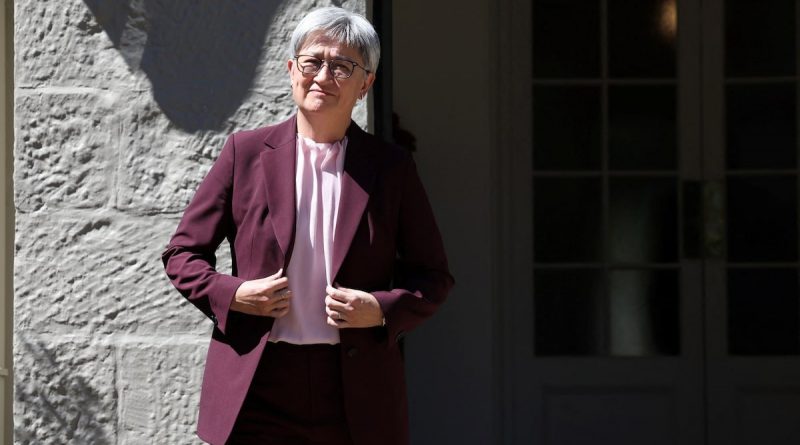Australia Welcomes U.S. Beef Tariff Removal, Sees New Momentum for Stronger Trade
Sydney — Australia has warmly embraced President Donald Trump’s decision to roll back tariffs on beef, calling the move a major boost for agricultural exporters and a promising sign for broader trade cooperation. Leaders in Canberra say the development marks a renewed phase of optimism in the long-standing U.S.–Australia partnership.
The tariff removal, which covers more than 200 food products including beef, comes at a time when American consumers are seeking relief from rising grocery prices.
Australia, now the largest supplier of red meat to the United States, has long been valued for its high-quality, lean cuts and dependable export system.
Foreign Minister Penny Wong described the decision as a positive shift that reinforces confidence in Australia’s farming sector.
She praised the opening created by Washington’s move, noting that producers across the country will benefit from improved access and reduced trade friction.
Prime Minister Anthony Albanese added a forward-looking tone, expressing his government’s intention to build on this momentum.
He reiterated Australia’s position that the ideal outcome is a trading environment where both countries operate with zero tariffs.
The concept of “reciprocal tariffs,” recently highlighted in Washington, continues to shape discussions about trade balances.
However, Australian officials emphasise that open trade delivers shared gains and strengthens economic ties built over decades.
Albanese reaffirmed that Australia will keep advocating for fair, mutually beneficial arrangements.
With both nations committed to deepening economic resilience, officials believe a more streamlined tariff structure is within reach.
Questions remain about tariffs on Australian steel and aluminium, but Wong said the government will continue pressing its case.
She emphasised that dialogue with Washington remains active, constructive, and focused on long-term solutions.
The beef industry remains central to Australia’s export economy, with shipments exceeding A$4 billion annually to the U.S. market.
Trump’s earlier remarks about trade disparities brought the issue into public focus, prompting fresh engagement from both governments.
Months after those remarks, Australia adjusted rules on U.S. beef imports that had been in place since 2003.
The updated approach demonstrated Canberra’s willingness to maintain balanced trade while protecting consumer safety.
For decades, Australian beef has been a reliable fixture in the American food supply chain. Shipments ranging from 150,000 to 400,000 tons annually reflect a robust commercial relationship underpinned by quality and trust.
Industry groups welcomed the new developments, noting that tariff reductions support jobs in regional communities. They said greater access to the U.S. market will help stabilise prices and promote long-term growth across the sector.
Economists also view the shift as a positive indicator for global trade. As countries reassess their supply chains, consistent partners like Australia emerge as valuable allies in keeping markets steady.
Canberra hopes the tariff rollback will serve as a foundation for broader reforms covering metals, manufactured goods, and agricultural products. Officials believe continued cooperation will enhance both nations’ competitiveness on the global stage.
With a strong emphasis on partnership, transparency, and shared economic goals, Australia sees this moment as an important turning point. Leaders say the benefits will extend beyond farmers, supporting jobs, investment, and bilateral confidence.
As talks progress, the government remains focused on securing outcomes that strengthen national prosperity.
The positive shift in Washington’s tariff policy has opened the door to more ambitious and collaborative trade discussions.
Australia now looks ahead with optimism, confident that its close ties with the United States will support a more open, fair, and vibrant market for both countries. Officials say this latest development reinforces the enduring value of cooperation between two trusted economic partners.



